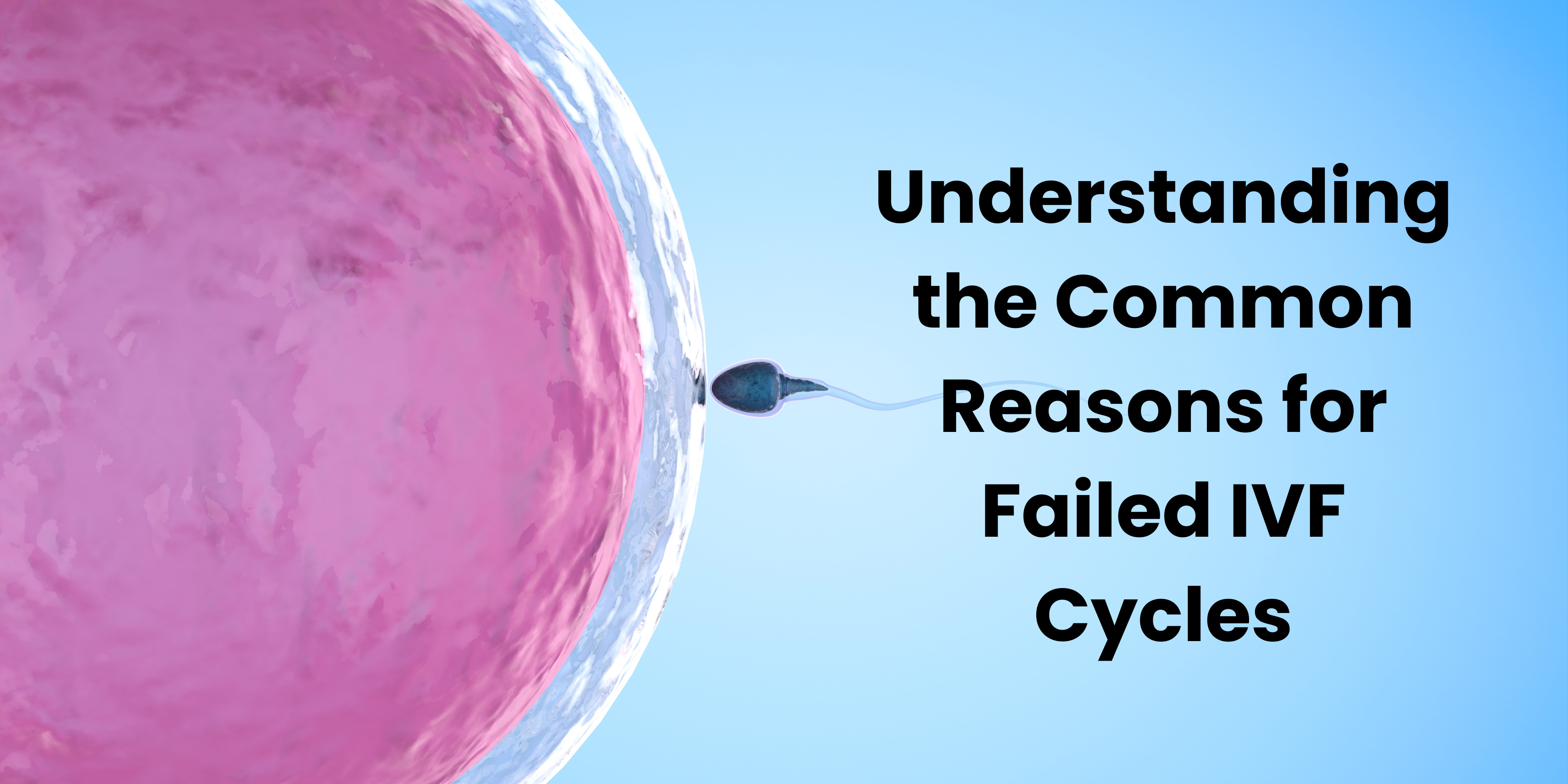In an era where discussions about fertility often center around women, it’s crucial to acknowledge that male fertility plays a significant role in the journey to parenthood. For many men, the preservation of fertility becomes an important consideration, whether due to health concerns, lifestyle choices, or age-related factors. At Nandi IVF, we believe that informed decisions and proactive steps can make a significant difference. Here’s a comprehensive guide on preserving male fertility and what every man should know.
Understanding Male Fertility
Male fertility hinges on the health and quality of sperm. Key factors include sperm count, motility (movement), and morphology (shape). Male fertility issues can arise from a variety of factors, including lifestyle, health conditions, and environmental exposures.
1. Lifestyle Factors
Diet and Nutrition
What you eat has a direct impact on sperm health. A diet rich in antioxidants, vitamins, and minerals is beneficial. Essential nutrients like zinc, selenium, Vitamin C, and Vitamin E are known to enhance sperm quality and protect against oxidative stress. Foods such as nuts, seeds, fruits, vegetables, and whole grains should be integral to a healthy diet.
Exercise and Weight Management
Regular exercise is important, but balance is key. Over-exercising or obesity can negatively affect testosterone levels and sperm production. Maintaining a healthy weight through moderate exercise helps regulate hormones and supports overall reproductive health.
Avoiding Harmful Substances
Alcohol, nicotine, and recreational drugs can significantly impair sperm production and quality. Excessive alcohol consumption and smoking are linked to reduced fertility and increased risk of sperm abnormalities. Limiting or avoiding these substances can improve reproductive outcomes.
2. Environmental and Occupational Exposures
Heat Exposure
Excessive heat can adversely affect sperm production. Avoid prolonged exposure to high temperatures from sources such as hot tubs, saunas, and tight-fitting clothing. For men with professions that involve high heat environments, such as welding or factory work, taking preventive measures to minimize exposure is essential.
Toxic Chemicals
Exposure to certain chemicals and pollutants, such as pesticides, heavy metals, and industrial chemicals, can compromise sperm health. If your job involves handling hazardous substances, use protective equipment and follow safety guidelines to mitigate risks.
3. Medical Conditions and Treatments
Chronic Health Conditions
Conditions like diabetes, high blood pressure, and thyroid disorders can impact fertility. Managing these conditions through regular check-ups and adherence to treatment plans is crucial. Consult your healthcare provider to understand how your health may influence fertility and explore ways to manage these effects.
Medications
Some medications can have side effects that impact fertility. For instance, certain antibiotics, blood pressure medications, and treatments for cancer may affect sperm production. Always discuss the potential reproductive side effects of any prescribed medication with your doctor.
4. Genetic and Health Assessments
Genetic Testing
Genetic factors can play a role in male infertility. Conditions like Klinefelter syndrome or Y chromosome microdeletions can affect fertility. If you have concerns about genetic issues, consulting with a genetic counselor can provide insights and guidance on managing these conditions.
Hormonal Imbalances
Hormonal imbalances, particularly involving testosterone and other reproductive hormones, can affect sperm production. If you suspect hormonal issues, seeking evaluation and treatment from an endocrinologist or urologist can help address these imbalances.
5. Preservation Strategies
Sperm Banking
For men facing medical treatments that may affect fertility, such as chemotherapy, or those who wish to delay fatherhood, sperm banking offers a viable solution. By freezing and storing sperm, you can preserve fertility for future use. This process is straightforward and typically involves providing a sperm sample for cryopreservation.
Lifestyle Modifications
Implementing lifestyle changes, such as improving diet, managing stress, and reducing exposure to harmful substances, can enhance overall sperm quality and health. These proactive measures are beneficial regardless of age or health status.
Regular Check-ups
Routine visits to a healthcare provider specializing in male fertility can help monitor reproductive health. Regular check-ups can identify potential issues early and provide opportunities to address them before they impact fertility.
6. The Role of Stress and Mental Health
Stress and mental health significantly impact fertility. Chronic stress can lead to hormonal imbalances and negatively affect sperm production. Practicing stress management techniques, such as mindfulness, meditation, or counseling, can improve both mental and reproductive health.
Conclusion
Preserving male fertility involves a multifaceted approach that includes lifestyle adjustments, medical evaluations, and proactive measures like sperm banking. At Nandi IVF, we emphasize the importance of being informed and taking steps to maintain reproductive health. By understanding the factors that influence fertility and addressing them effectively, men can enhance their chances of successful conception and overall well-being.
If you have concerns about your fertility or wish to explore preservation options, don’t hesitate to reach out to a fertility specialist. At Nandi IVF, our team is dedicated to supporting you through every step of your fertility journey, ensuring you have the information and resources needed to make informed decisions about your reproductive health.
For more information about our IVF services , contact us here. At Nandi IVF, we are here to support you every step of the way, helping you turn your dreams of parenthood into reality.


















